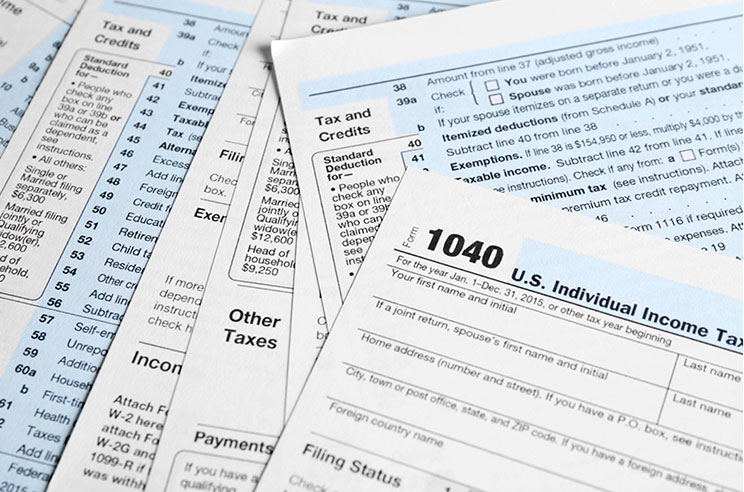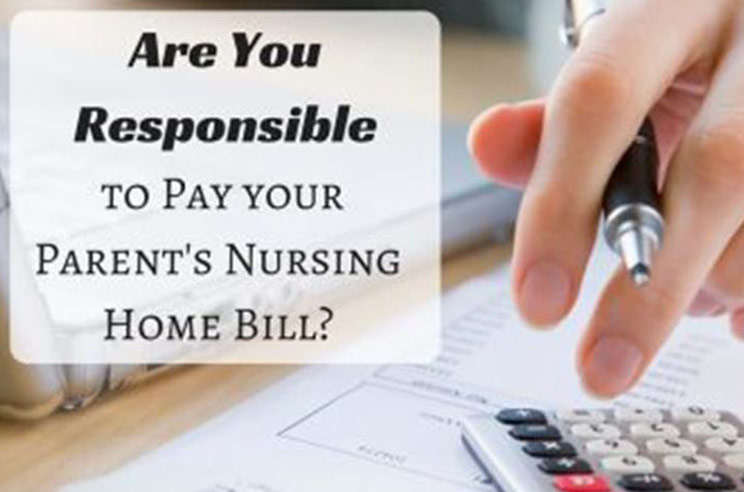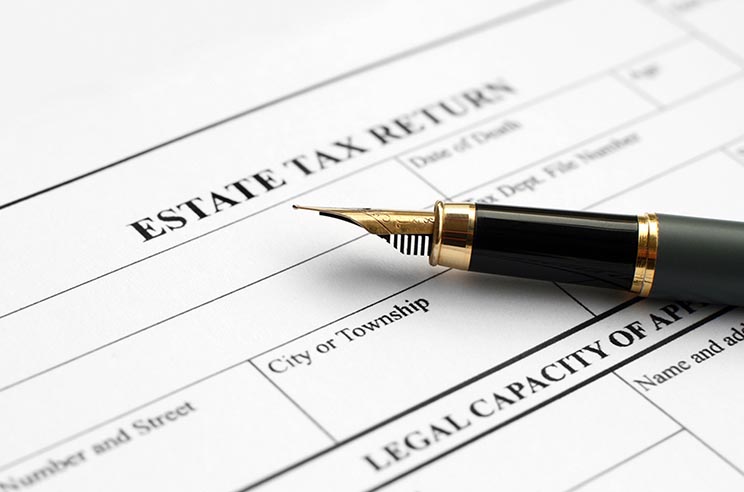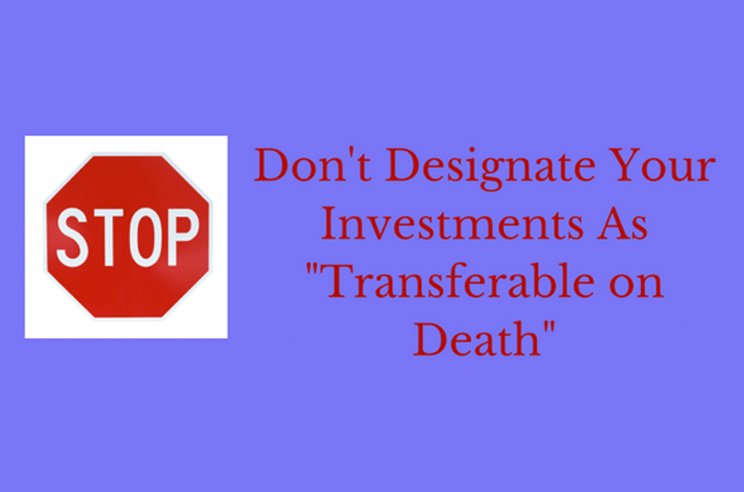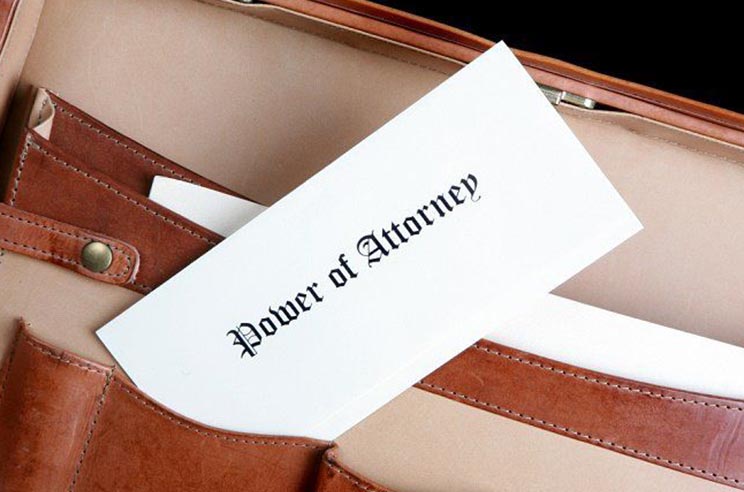
Death and taxes are inextricably linked, and that’s why Estate & Tax Planning are imperative.
Everyone has an estate, regardless of the size of your savings and investments. Your estate includes everything you own – your home and other real estate, the contents of your checking and savings account, IRA, 401(k) and other investments, life insurance, and all of your belongings.
In the absence of estate and tax planning, your heirs may be required to surrender as much as 55% of what they receive to the state and federal government. Estate taxes typically must be paid within 9 months of death and with cash. Are your heirs prepared for this?
An Estate Plan controls how your savings and possessions are distributed to the persons and organizations you care about. The plan directs who receives which possessions or investments, in what percentage, and when they receive it. Naturally, you’ll want this to happen according to your intentions, with a minimum of estate taxes levied by state and federal governments.
In your Estate Plan, certain legal instruments may be used to reduce and avoid taxes:
- Tax-free gifts
- Qualified Personal Residence Trust (QPRT)
- Irrevocable Life Insurance Trusts (ILIT)
- Grantor Retained Annuity Trust / Unitrust (GRAT / GRUT)
- Limited Liability Company (LLC)
- Family Limited Partnership (FLP)
- Charitable Remainder Trust (CRT)
- Charitable Lead Trust (CLT)
What happens if I die without an estate plan?
If you die without an estate plan – at any age – your savings and possessions will be distributed according to the probate laws of your state, and the court will appoint an administrator. These template laws may not provide enough support for your spouse or children, depending on their needs. If your children are minors, the court may control their inheritance and if you and your wife are both deceased, the court will appoint a guardian. If one of your heirs has special needs, their inheritance under probate may impact their public benefits.
What happens if I die without a Will?
Every state has distinct laws which direct how property is distributed in the absence of a Will or other directive, such as a Living Trust. Generally speaking, only spouses, registered domestic partners, and blood relatives inherit under state law. Unmarried partners, friends and charities get nothing, unless they’re included in your Will. If you are married, your spouse will receive the largest share of the inheritance, and if you have no children, may inherit 100%. Brothers, sisters, cousins, and other relatives only inherit your assets if there are no children and no surviving spouse. In the event that no relatives can be found, the state acquires the assets.
The best time to plan your estate is now.
Does your family know where your important documents are located? Insurance policies? The Deed to your home? The sooner you have this important discussion, the more prepared your family will be if the unthinkable happens.
Estate planning helps to organize your documents and organize your thoughts on who should receive your assets and in what percentage. An estate plan also relieves your family of a significant burden at a very trying time, as they will have fewer decisions to make in the event of your death.
Contact Vasiliadis & Pappas now to begin your Estate & Tax Planning.


